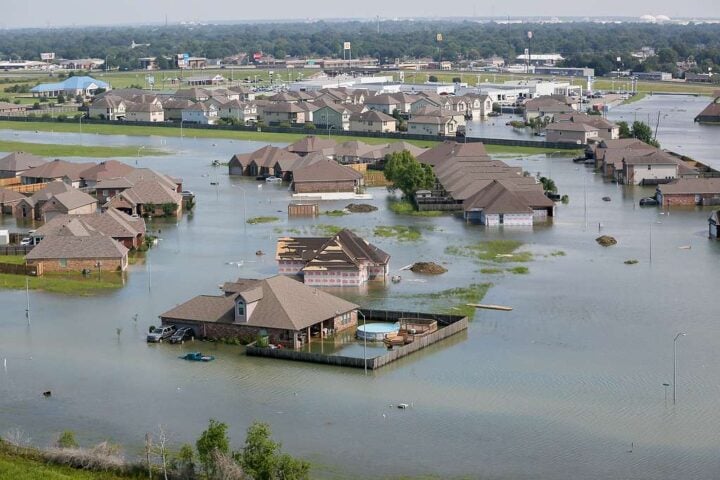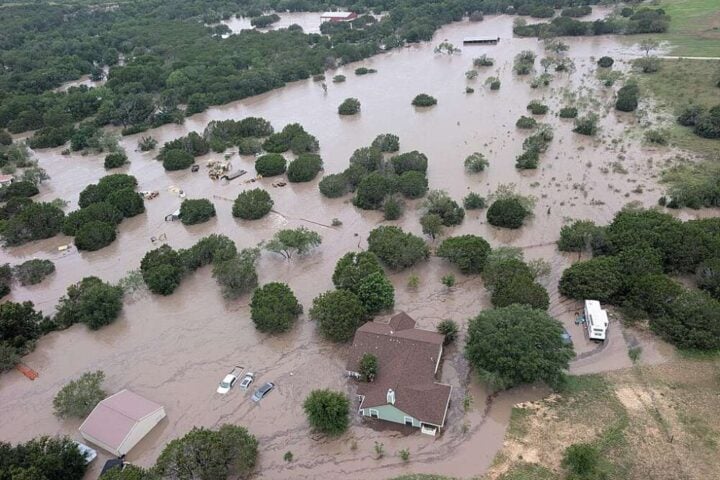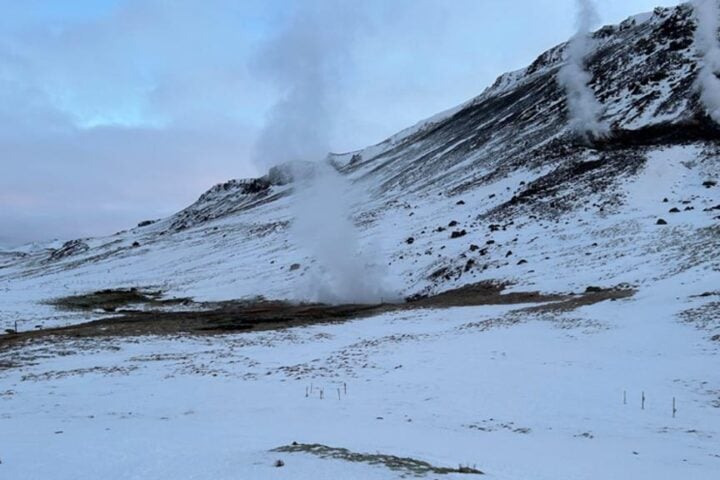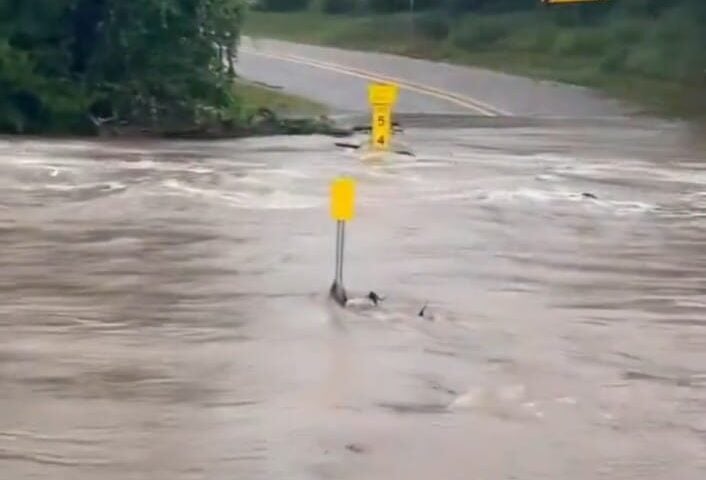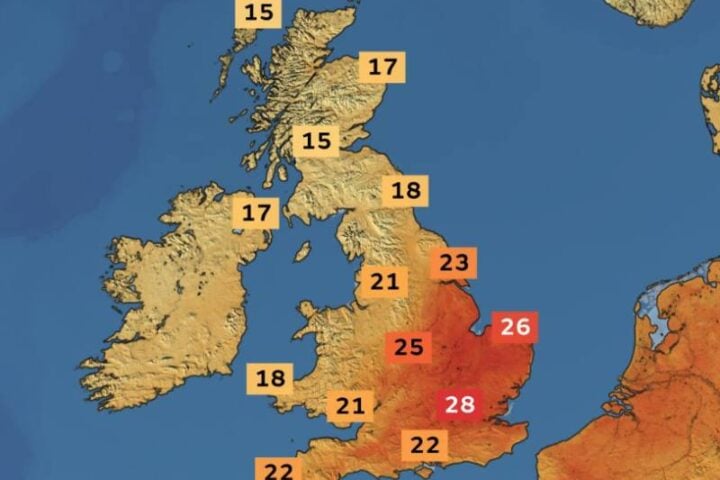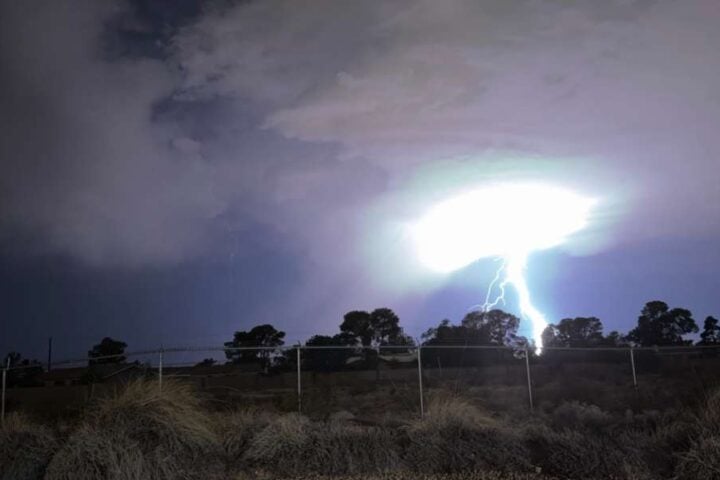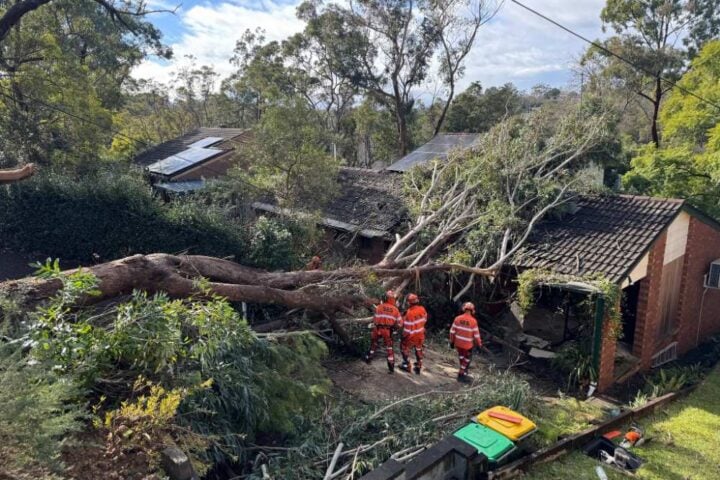Table of Contents:
- Trump and Harris: Unexpected Allies in Fossil Fuel Support
- Climate Change: A Low Priority in the Debate
- Harris’s Stance
- Trump’s Response
- Contrasting Climate Policies
- U.S. Oil and Gas Production: A Complex Picture
- Pros and Cons of Increased Production
- Trump’s Pro-Fossil Fuel Stance
- Biden-Harris Administration’s Approach
- Factors Influencing Production
- Global Events and Their Impact
- Technological Advancements and Trends in Fossil Fuel Industry
- Coal Production and Economy: A Decline
- So That’s ‘Oil’ Folks
Trump and Harris: Unexpected Allies in Fossil Fuel Support
Donald Trump and Kamala Harris have very few things in common. Their visions on geopolitics, immigration or abortion are completely different. However, there is something in which they do agree: their support for the fossil fuel industry. In the electoral debate held in Philadelphia, while the former president and Republican candidate, Trump, held back about climate change, the Democratic candidate, Harris, glossed over the climate issue. Eventually noth boasted of the increase in gas and oil production that both have promoted during their respective political careers.
Climate Change: A Low Priority in the Debate
Despite being the most serious problem threatening the planet, even when the summer of 2024 has been the hottest globally, the moderators of the US network ABC waited until the end of the debate to ask the question about climate change. The two candidates for the White House then began to give mixed, at times contradictory and evasive answers.
Harris’s Stance
Kamala Harris criticized Trump for dismissing climate change as a “hoax” and boasted that the Biden Administration (of which she is vice president) has made major investments in renewable energy. All of this before pinning a medal on herself for having achieved a record production in gas extraction.
The question was more problematic for Kamala Harris, as they were in Pennsylvania, where there is a significant fracking industry, and she promised to defend and expand it. “I made that clear in 2020. I will not ban fracking. I have not banned fracking as Vice President of the United States. I was the tie-breaking vote on the Inflation Reduction Act which opened up new leases for fracking,” Harris stated. This puts her in a bad position among a sector of her potential voters: the youth.
Trump’s Response
The Republican candidate, true to his chaotic style, talked about Chinese electric car factories in Mexico, “We will put tariffs on those cars so they can’t come into our country,” he asserted. He also accused Biden of having received “millions of dollars” from China. He said nothing about having any plan to combat the climate crisis.
Trump took advantage of Harris’s position, as he reminded the Democratic candidate that she had positioned herself against this gas extraction technique, on other occasions.
Contrasting Climate Policies
In reality, Donald Trump could not exhibit any plan against climate change because he does not have one. On the contrary, one of the axes of his campaign has been the promise to repeal the climate regulations approved by Joe Biden.
If Trump wins the elections, it could be worse: during this campaign he asked the CEOs of oil companies for $1 billion in donations in exchange for reversing many of the environmental regulations implemented by the Biden-Harris team. One of his campaign slogans is “Drill, baby, drill”, in reference to oil wells, which he hopes to multiply if he returns to the Oval Office.
Harris, for her part, promises to follow the path marked by her predecessor. In her opinion, Joe Biden has approved “the most significant climate legislation in U.S. history,” which isn’t saying much either.
U.S. Oil and Gas Production: A Complex Picture
The United States is producing more oil and natural gas than ever before, and much more than any other country. During each of the three most recent presidencies, both Republican and Democratic, U.S. oil and gas production was higher at the end of the term than at the beginning.
Pros and Cons of Increased Production
This production has pros and cons. Together, oil and gas account for nearly three-quarters of U.S. energy consumption. U.S. oil and gas production provides energy security and, in general, high production keeps prices low. However, burning oil and gas releases carbon dioxide into the air, contributing to climate change. And natural gas is mostly methane – another potent greenhouse gas.
Both the Trump-Pence and Biden-Harris administrations took actions that supported additional oil and gas well drilling. However, at times, they also both took actions that restricted additional oil and gas well drilling.
Trump’s Pro-Fossil Fuel Stance
Trump was aggressively pro-fossil fuels in his rhetoric and actions, from his first run for office. Under his administration, the federal government leased more lands for drilling in the Arctic National Wildlife Refuge, the National Petroleum Reserve in Alaska, and the Utah desert. To further help the industry, Trump urged agencies to waive environmental reviews and loosen regulations so they could accelerate permits for pipeline construction and other energy infrastructure.
Similar Posts
Biden-Harris Administration’s Approach
The Biden-Harris administration has focused on clean energy and climate change. It issued several regulations targeting fossil fuels, including measures to reduce methane leaks from pipelines and increase the royalties companies pay for production on federal lands. In 2021, it issued a moratorium on new federal oil and gas leases, but that was blocked by a federal judge.
However, the Biden-Harris administration also greenlit the country’s largest oil drilling operation, the vast Willow project of ConocoPhillips in Alaska. And the 2022 Inflation Reduction Act, considered the administration’s signature climate law, included additional oil and gas leasing and incentives for capturing carbon dioxide for use in enhanced oil recovery.
Factors Influencing Production
When land is leased for drilling, it takes a few years before production begins. Therefore, the increase in oil and gas production during the Biden administration is to some extent a result of the leasing contracts issued during the Trump administration. Trump auctioned the leases, and the Biden administration approved the permits. In many cases, presidents have little discretion and are essentially required to approve when permits meet legal requirements.
Global Events and Their Impact
Global events can also have major effects on production. The COVID-19 pandemic reduced U.S. oil demand. Activity slowed worldwide in 2020. Russia’s invasion of Ukraine in 2022 led to greater energy demand from Europe. But natural gas must be liquefied to be exported abroad, and the U.S. has limited export capacity. To send more supplies to Europe, the U.S. had to divert natural gas exports intended for other countries. The Biden-Harris administration suspended approvals for additional liquefied natural gas terminals in 2024, but a federal judge blocked the move.
Technological Advancements and Trends in Fossil Fuel Industry
Drilling technology has been a major driver of the industry’s success. U.S. oil production had peaked in 1970 and entered a slow decline that lasted over three decades. It was widely believed that the U.S. had tapped its best reserves and the country would inevitably rely on foreign oil. Then, in the early 2000s, innovations in hydraulic fracturing and horizontal drilling changed everything. These techniques gave drillers access to previously hard-to-reach fossil fuels and opened up opportunities for lower-cost, higher-volume oil and gas drilling. From around 2009, U.S. oil production has increased.
Natural gas followed a similar trajectory. U.S. natural gas production had peaked in 1972 and then stabilized. But with fracking, natural gas production has risen since around 2005. Trump supports fracking. Harris opposed fracking in the past, but now, as seen in the debate, she won’t ban it.
Coal Production and Economy: A Decline
In contrast to oil and gas, U.S. coal production has been declining dramatically since peaking in 2008. This decrease is attributed to both economic factors, such as cheaper natural gas, and policy shifts across different administrations..
The decrease in coal production is the primary reason for declining U.S. carbon dioxide emissions, despite increased fossil fuel production overall. The rise in renewable energy production and improved efficiency of some technologies have also contributed to emissions reduction.
So That’s ‘Oil’ Folks
Trump can take credit for allowing more oil and gas drilling leases. The Biden-Harris administration, while issuing permits for oil and gas drilling and increasing production under its watch, put in place several rules to limit greenhouse gas emissions from fossil fuels.
The actions of presidents can be important for the industry’s future, but so far the main factors in U.S. oil and gas production have been greater production efficiency, increased global demand, and the lower cost of natural gas compared to coal.



